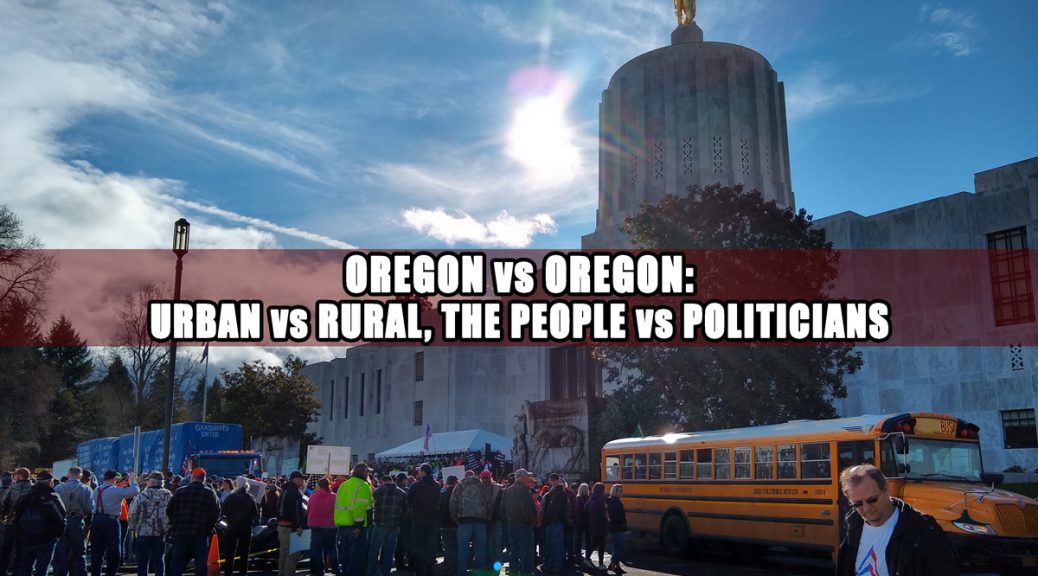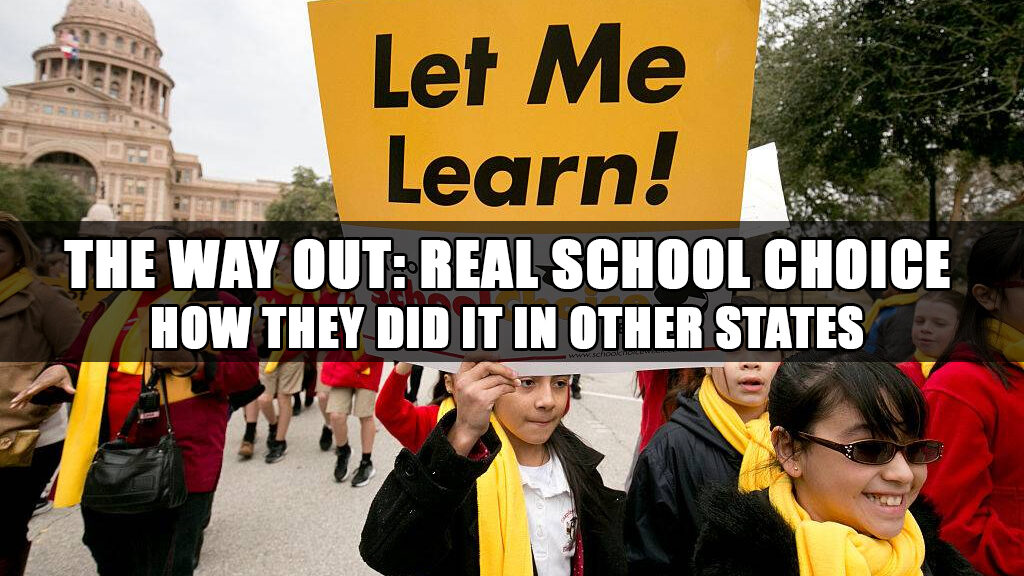
13-05 The Way Out: Real School Choice | Parents Rights Part 3
Podcast: Play in new window | Download
Subscribe: Apple Podcasts | Spotify | Amazon Music | TuneIn | RSS | More
Show 13-05 Summary: Part 3 of our mini-series on parental rights. Week 1 was a general overview or parental rights and a look at what parents and kids are facing. Last week was a look at the legal side of things, especially if push comes to lawsuit. This week, it’s a look at the way out: real school choice. Where the dollars pegged to a child, follows them and parents can use those public funds to spend on whichever school best suits their child. Competition. It’s a wonderful thing!

The I Spy Radio Show airs weekends, six different times, on seven different stations. Listen anywhere through the stations’ live streams! Check out when, where, and how to listen to the I Spy Radio Show. Podcast available Mondays after the show airs on out network of stations.
Original Air Dates: February 4th & 5th, 2023 | Guest: Robert Enlow
This Week – Real School Choice
The answer to most problems with Big Government is simple: take money away from big government and apply free-market principles.
Don’t miss the other two parts our series on parents’ rights: Part 1 (overview of parents rights) and Part 2 (legal aspects and, if necessary, lawsuits)
And when it comes to bad education systems, this means real school choice. Where bad schools in bad education systems either improve to good schools. Or they lose the money when they lose a child whose parents take their child elsewhere.
In the past, this option was only available to the rich. Who were still paying school taxes and paying to put their child in a better school.
But right now, thanks to parents staying home due to covid lockdowns—who got to see just how bad things really were thanks to virtual classrooms—there is a movement sweeping the nation. And it’s real school choice.
Real School Choice Defined
Real school choice. What is it? It’s when parents can decide how and where to spend the dollars “pegged” to their child on a school of their choice.
Real school choice happens like this: Education systems get a pot of money every year. Think of that as the “education bank.” These monies are drawn from different sources. Broadly speaking, federal, state, and local taxes all pay into the bank. States, the bank’s administrators, determine how many students there are and determine a per-student amount. A percentage of that per-student spending is pegged to the student as the parents decide where to spend it. Usually, this takes the form of an education savings account, commonly referred to as an”ESA.”
How much of that percentage, where, and how the funds can be spent vary from state to state.
And, unlike what this Kansas State Board of Education member thinks, parents can not use the funds to buy latte machines. (Although it makes one wonder how many schools have used their funds to put latte machines in teachers’ lounges…)
For more information on what school choice is, see this definition from one of the nation’s leading school choice organizations, EdChoice.
Our Guest: Robert Enlow of EdChoice
Speaking of which, this week we welcome Robert Enlow, the President and CEO of EdChoice, to talk to us about this nationwide movement. As of this writing, five states (with three in just the last two weeks) have adopted real school choice. And at least 28 more — including Oregon! — have introduced legislation for some form of school choice.
This didn’t happen over night.
Be sure to visit EdChoice.org. They have research, polls, tools, trainings and more to make universal school choice happen in your state!
No surprise, Milton Friedman, who advised President Reagan to get America’s economy back on track (which mainly boiled down to getting government out of the way), came up with the idea. Now, some 50 years after he came up with the idea of a school voucher system, we’re seeing it take hold.
Real School Choice in Oregon
Oregon has been at the bottom of education for decades. Oregon even removed competency requirements for graduation under former governor Kate Brown. So, not surprisingly, even here in Oregon, parents are fed up. We wanted to talk to experts who have actually made this happen in other states, who’ve been part of successful campaigns to get school choice. So we turned to EdChoice to talk about how these states made it happen. How did they win? And we talked about the arguments for and against school choice so you’ll know what to face.
As Robert Enlow said — echoing the mission of I Spy Radio — if want to be a successful advocate, you need to be an informed one.
If you want real school choice in Oregon, or in your state, don’t miss this show!
Want more information and insight on school choice here in Oregon? Check out these past I Spy Radio shows.
The I Spy Radio Show Podcast Version
Trapped under a heavy object? Missed the show? Don’t worry—catch the podcast version. I Spy Radio is now available on your favorite platform, or you can grab it right here. See the full list of podcast options.
Research, Links Mentioned & Additional Info
- Our guest’s organization is EdChoice. They are the nation’s leading organization for and advocate of school choice. They have research, tools, polls, even training if you want to help bring school choice to your state! Find them at EdChoice.org
- Arizona leads on school choice. Should Utah follow suit? (Deseret News, Jan 16, 2023)
- Achieving the potential of school choice (The Gazette, Colorado, Jan 17, 2023)
- “Public education funding without boundaries: How to get K-12 dollars to follow open enrollment students” (Reason Foundation, Jan 24, 2023)
- How to ensure state and local education funds flow seamlessly across district boundaries.
- States are increasingly enacting open enrollment policies that give students options across school district boundaries. But this is only half the equation. Policymakers must also ensure that education dollars follow the child to the school of their choice, a concept referred to as funding portability.
- Download the full policy brief: Public Education Funding Without Boundaries (PDF)
- Iowa Gov Kim Reynolds signs historic school choice bill: ‘We will fund students not systems’ (Fox News, Jan 24, 2023)
- ‘Fund Students, Not Systems’ with Universal School Choice” (Townhall.com, Jan 23, 2023).
- Legislators in 28 states have introduced bills to fund students instead of systems this year. (Corey DeAngelis, Twitter, Feb 1, 2023)
- 25 million eCommerce companies in the world – Myth or Fact? Dissecting the $4.9 Trillion industry with 2022 data. (Pipecandy.com, March 2022)
Oregon Centric
- Kotek proposes spending $765M (Register Guard, Feb 1, 2023) Increases school budget
- Portland School District announces hiring freeze due to dwindling enrollment (Pamplin Media Feb 1, 2023)
- Portland lost 3,000 students from 2020 to 2022. The district said its “dramatic, unprecedented enrollment decline” isn’t over. It expects to lose about 500 more students next year. But despite fewer students, “Superintendent Guerrero, along with leaders from other Oregon districts, are calling on state leaders to pour more money into public school funding. ”
- See our previous shows on this topic, including the referendum movement for 2024 if the legislature ignores Oregon parents. These show pages have additional links and info.
- Parents Rights in Education (Oregon and other state chapters)
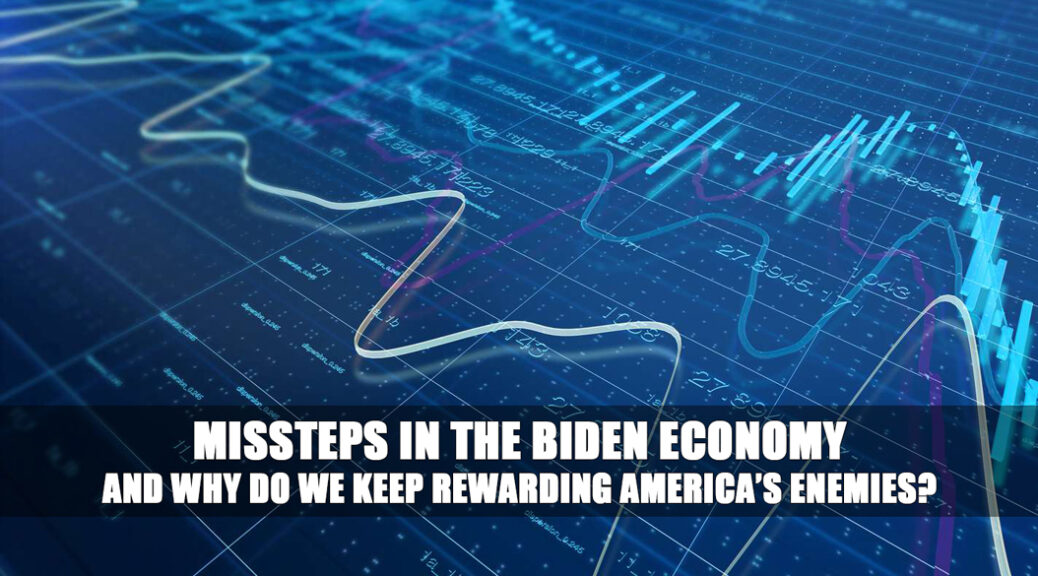


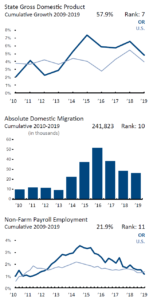
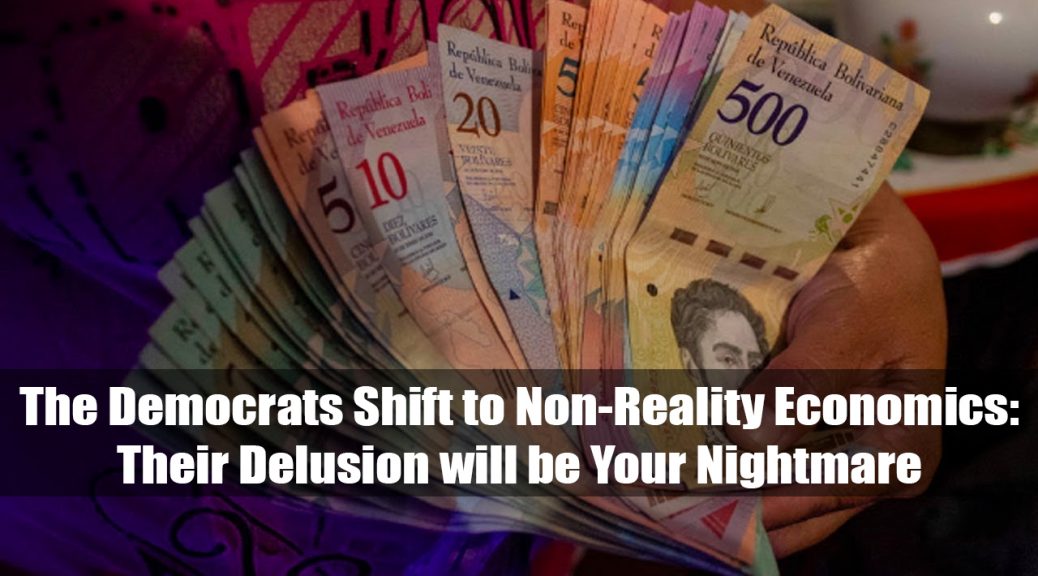
 Then we talk to
Then we talk to 
